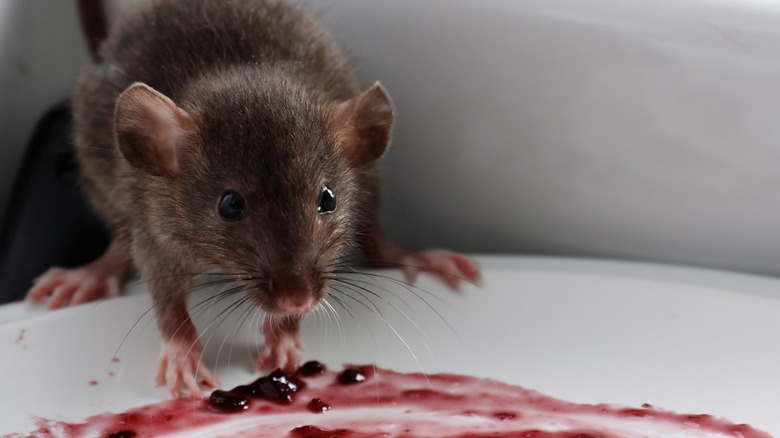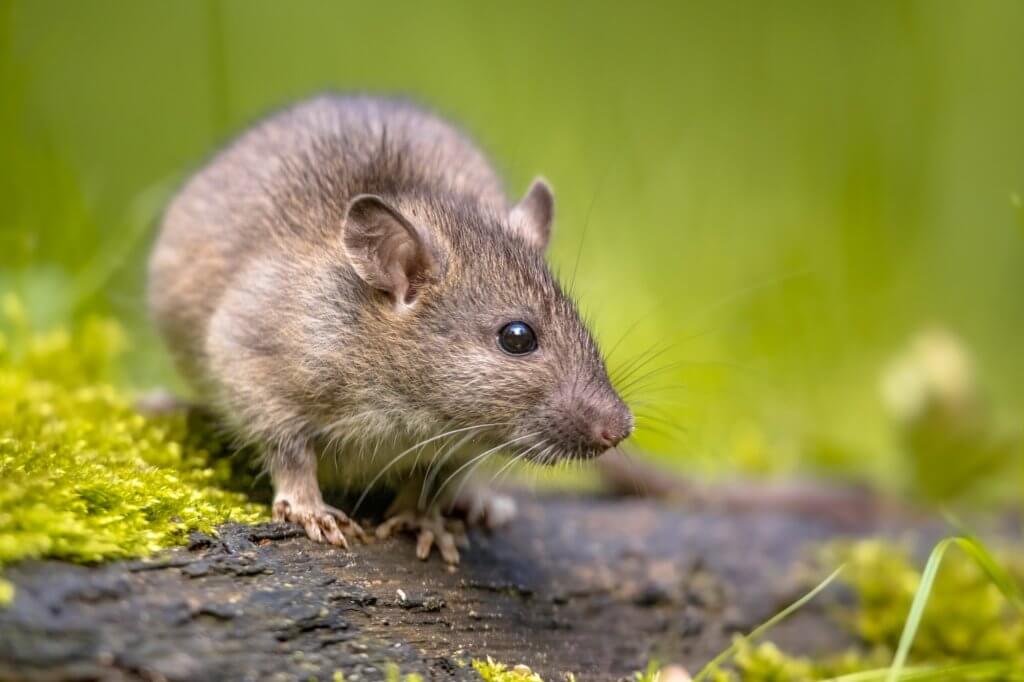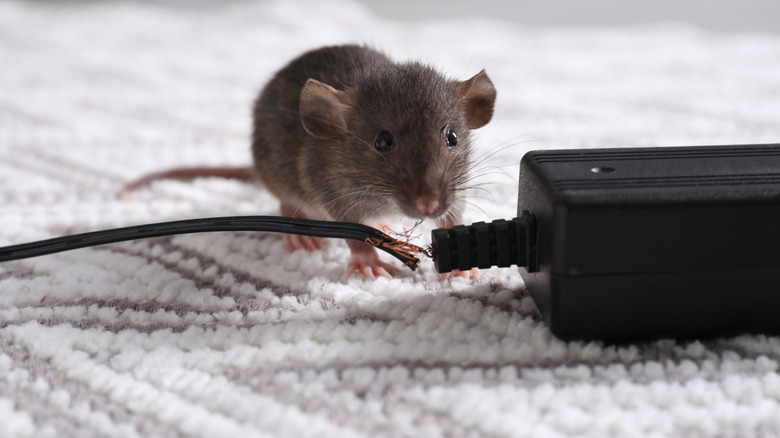Does Cinnamon Repel Mice? | how to use
Overview
The long history of pest control through cinnamon use has resulted in recent attention surrounding its ability to deter mice. The cinnamon bark origin product provides an aromatic spice which retains its powerful scent along with flexibility characteristics.
This guide will explore if cinnamon works to repel mice and provide scientific backing alongside practical cinnamon utilization strategies and two additional mouse control approaches.
Understanding the Behavior of Mice
We need to understand mouse behavior and their tendencies before we can confirm whether cinnamon repels them successfully. The adaptable animal group includes mice which live in domestic and professional settings as well as warehouses. Their preferred living spaces include locations that provide food and water supply and suitable hiding places while they navigate even the tiniest holes and small openings.
Mice depend strongly on their nose for identifying food and locating their routes. Mice possess an acute sense of smell which makes them sensitive to robust odors among which spices may be one example.
Does Cinnamon Keep Mice Away?
The Science of Cinnamon in Repelling
The powerful chemical agent cinnamaldehyde in Cinnamon produces its signature spicy scent through which it functions as an irritable substance. By acting as an irritant agent cinnamon defends against rodents and insects. The robust scent of cinnamon becomes detectable to mice to the extent their sense of smell becomes overwhelmed; thus, a mouse encountering the smell would find the product unappealing.
Traditional practices show that cinnamon can act as a mouse repellent although current scientific information lacks concrete evidence about its effectiveness. Cinnamon has strong odor and bothersome characteristics which enable it to act as a deterrent against mice.

Types of Cinnamon Products for Rodent Control
- Ground Cinnamon: So easy to spread in potential entry points and nesting areas.
- Cinnamon essential oil: This is the concentrated version of cinnamon and works right in sprays or diffusers.
- Cinnamon sticks: Place these in places that usually suffer from rodent activity.
Aroma intensity is greatest from essential oils but objects made with ground cinnamon and sticks maintain their scent for a longer period.
Cinnamon to Repel Mice
Identify Problem Areas
Aroma intensity is greatest from essential oils but objects made with ground cinnamon and sticks maintain their scent for a longer period.
Choosing the Correct Form of Cinnamon
The treatment method will include ground cinnamon or cinnamon sticks or essential oil based on the intensity of the infestation.
Apply Cinnamon Strategically
- Ground Cinnamon: Sprinkle ample amounts around entry points, baseboards, and corners.
- Cinnamon Sticks: Place in drawers, cupboards, and such enclosed places.
- Essential Oil: Mix a few drops of it with water in a spray bottle, apply to surfaces, or simply use a diffuser where the fragrance can continue diffusing.
Reapply as Needed
Cinnamon applications should be renewed weekly as well as after each cleaning maintenance to preserve their functional effectiveness.
Combining Cinnamon with Other Repellent
Cinnamon applications should be renewed weekly as well as after each cleaning maintenance to preserve their functional effectiveness.
Can You Have a Pet Possum? Exploring the Pros, Cons and Legalities
How Long Does Skunk Smell Last Outside?
Limitations of Cinnamon Use
The natural mouse-repelling properties of cinnamon present no toxicity concerns yet the method comes with certain difficulties during use.
- Short-term effectiveness: The smell of cinnamon becomes weak after some time; it needs frequent application.
- Not a Guaranteed Solution: Mice may quickly become accustomed to the smell or find other ways of entry.
- Minimal Coverage: Cinnamon is best utilized in a small, enclosed area and most likely will not be enough for an infestation that’s greater in size.
If infestations of rodents are severe, sometimes expert services in pest control may be necessary.
Alternative Natural Remedies
If cinnamon alone does not yield desired results, here are some alternative natural remedies:
- Peppermint Oil: Peppermint oil is a widely used repellent for mouse infestation due to its strong menthol smell.
- Clove oil: Similar to cinnamon, clove oil contains chemicals that are also irritating to mice.
- Vinegar: The pungent smell of vinegar acts as a great repellent for rodents when sprayed around entry points.
- Ammonia: Provides the false scent of predators, deterring mice from entering the treated areas.

Prevention of Mice Infestation
Preventive measures combined with the use of cinnamon or other repellents are more effective.
- Seal Points of Entry: Seal gaps, cracks, and holes in your home with steel wool, caulk, or foam. Even the tiniest openings act like invitations to mice to enter your place.
- Keep Cleanliness: Eliminate potential food sources; store food in tight containers, clean up crumbs and take the garbage out frequently.
- Minimize Clutter: Eliminate clutter in storage areas to reduce nesting sites.
- Use Traps Place: snap traps, glue traps, or live traps in areas of highest activity to capture the rodents.
Professional Pest Control
When pests prove difficult to eliminate professional pest control services will handle the entire work. Experts will first evaluate the infestation extent through assessment before carrying out precise treatments for extended prevention measures.
Final Thoughts
Natural mouse repellent value of cinnamon relies heavily on how severely the infestation exists along with the specific application approach. This method works even better in combination with other natural remedies and preventive measures. Advanced mouse infestations should be treated with professional pest control services. You should solve mouse problems fast as a quick resolution protects your home from damage alongside health risks and it is essential to choose cinnamon when implementing this method.







